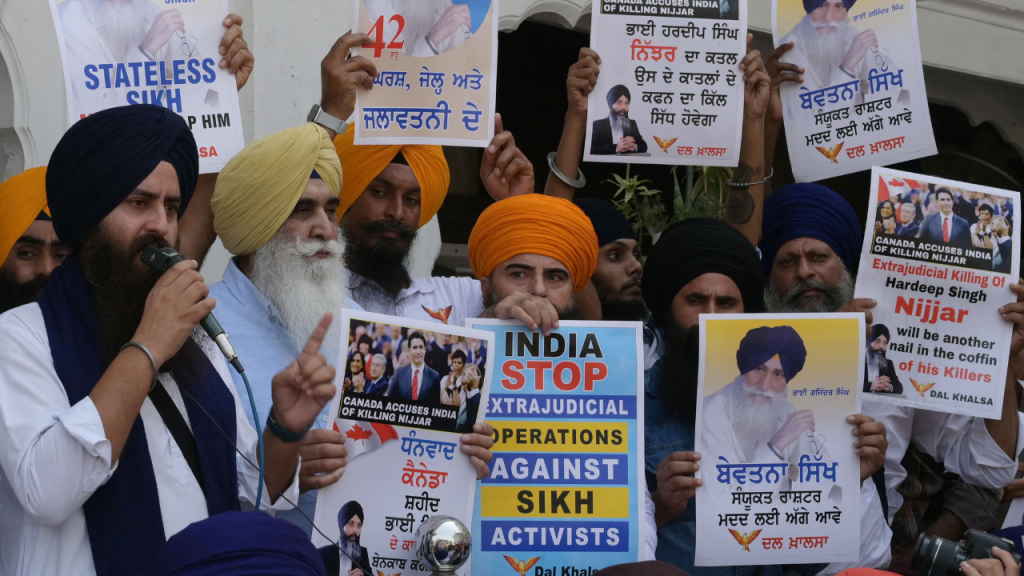The Czech Constitutional Court has rejected a petition by Nikhil Gupta, an Indian man attempting to avoid extradition to the United States. Gupta is accused of directing a failed plot to kill a Sikh separatist on American soil. He was arrested in Prague last year while traveling from India. The final decision on his extradition will be made by Justice Minister Pavel Blazek, as the court found that lower courts had already given due consideration to potential factors preventing extradition and denied Gupta’s complaint that the case was political.
In a statement, the court explained that there were no circumstances found that would violate constitutionally guaranteed rights and freedoms if Gupta were to be extradited. This decision marks the end of Gupta’s legal proceedings in the Czech courts, with Blazek now tasked with evaluating the court’s ruling before making a decision on the extradition itself. U.S. federal prosecutors have accused Gupta of collaborating with an Indian government official on the assassination attempt of a New York City resident advocating for a sovereign Sikh state in India.
The Czech Republic has a history of honoring U.S. extradition requests, indicating a likelihood that Gupta will be extradited to stand trial in the United States. The rejection of his petition by the Constitutional Court underscores the seriousness of the charges against him and the legal process underway. This case highlights the complexities of international extradition and the cooperation between countries in matters of criminal justice. Gupta’s involvement in a plot to kill a Sikh activist has significant implications for diplomatic relations between India, the Czech Republic, and the United States.
The decision by the Czech Constitutional Court not to move forward with Gupta’s petition emphasizes the importance of upholding the rule of law and respecting international legal processes. With Gupta’s extradition now pending a ruling from Justice Minister Pavel Blazek, the case will continue to be closely monitored by legal experts and government officials involved in extradition proceedings. The alleged involvement of an Indian government employee in an assassination plot on U.S. soil adds an additional layer of complexity to this case, underscoring the importance of accountability in matters involving international criminal activities.


